On April 25, 1898, the United States declared war on Spain leading to a major battle between the two strong countries. However, the US added the Teller Amendment where it pledged not to establish dominion over Cuba.
Two days later, Commodore George Dewey left Hong Kong alongside Emilio Aguinaldo. The Battle of Manila Bay on May 1 saw Dewey's famous command, "You may fire when ready, Gridley," leading to the destruction of the Spanish fleet under Rear Admiral Patricio Montojo.
Although lacking the manpower to capture Manila immediately, Dewey's forces continued operations until 15,000 U.S. troops arrived in July. While on the move, the cruiser Charleston acknowledged the surrender of Guam from its Spanish governor, unaware of the ongoing war. Despite a peace protocol signed on August 12, Dewey and Maj. Gen. Wesley Merritt attacked Manila the next day.
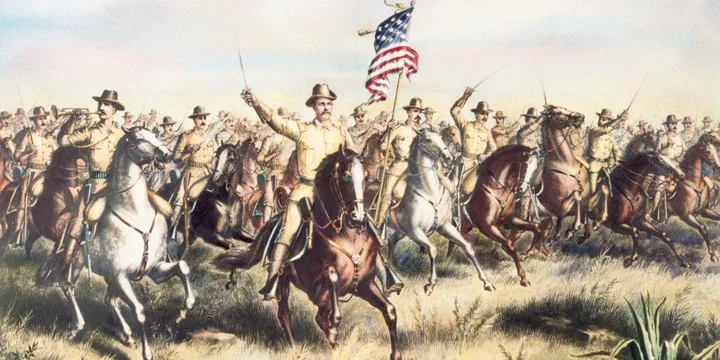
In late April, Andrew Summers Rowan coordinated with Cuban General Calixto García, facilitating U.S. efforts with maps and intelligence. The U.S. North Atlantic Squadron reached Cuba in late May after Spanish ships led by Admiral Pascual Cervera entered Santiago, bypassing U.S. vessels commanded by William T. Sampson and Winfield Scott Schley.
In June, U.S. Marines captured Guantánamo Bay, and 17,000 troops landed at Siboney and Daiquirí. Amid stiff confrontation with Spanish forces, U.S. troops received reinforcements and attacked the San Juan Heights on July 1, with notable contributions from African-American troops and the Rough Riders commanded by Lt. Col. Theodore Roosevelt. On July 16, the Spaniards agreed to the unconditional surrender of 23,500 troops in Santiago.

Then the representatives of Spain and the United States signed a peace treaty in Paris on December 10, 1898, which established Cuba's independence, gave Puerto Rico and Guam to the United States, and allowed the U.S. to buy the Philippines Islands from Spain at $20 million. Although the US won, the war cost the country so much as it spent $250 million and lost 3,000 lives with 90 percent of the casualties dying as a result of contagious diseases.

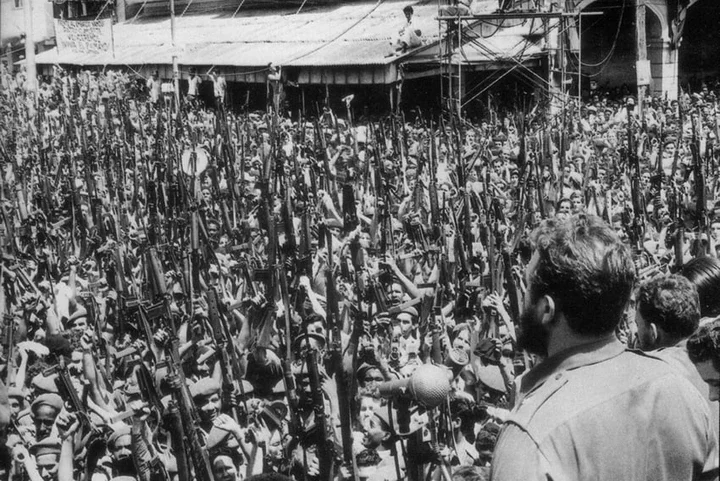
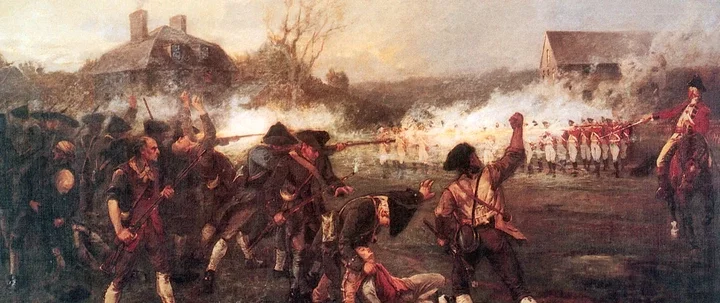


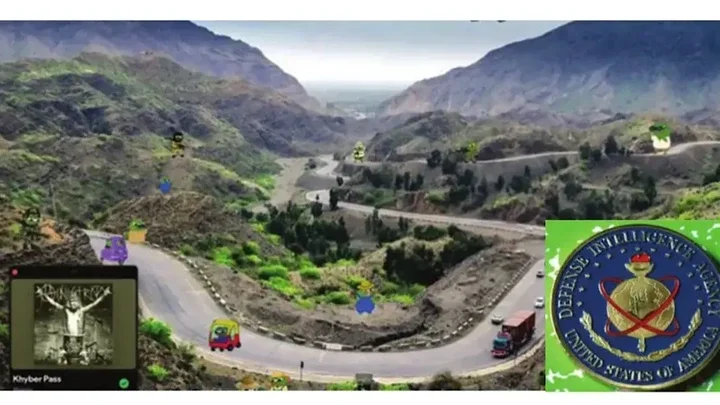





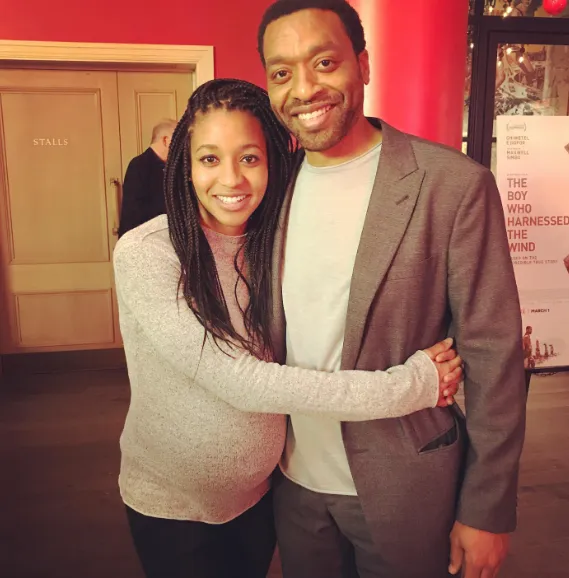
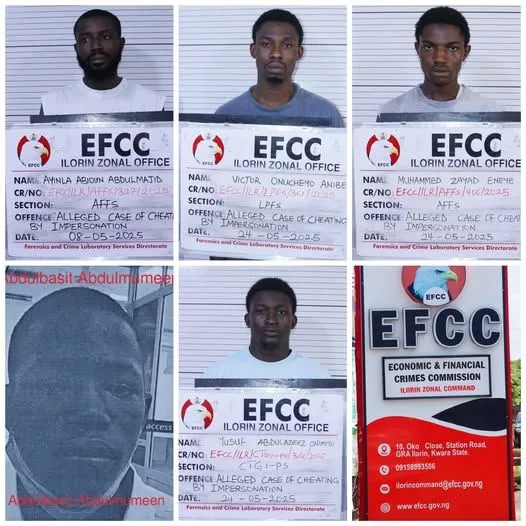


Comments